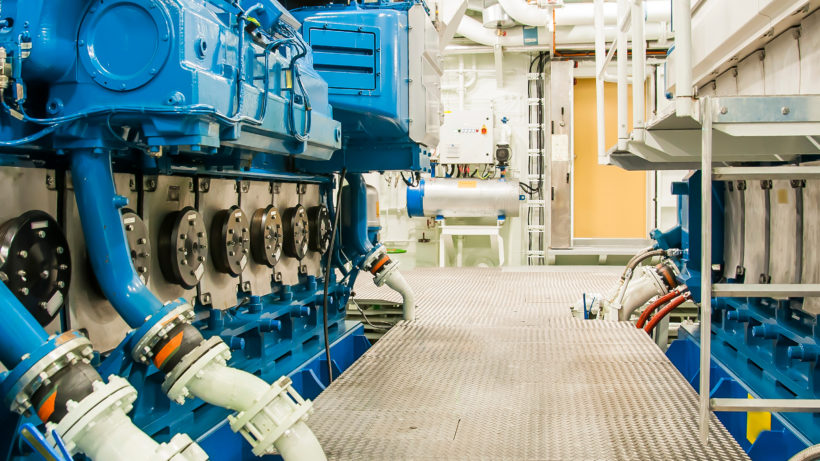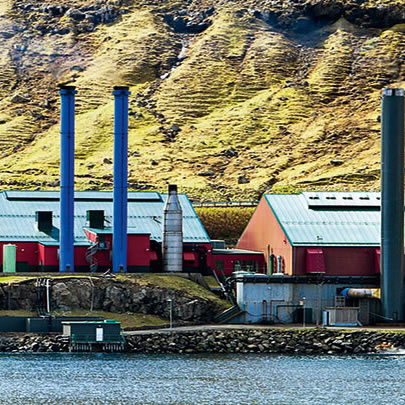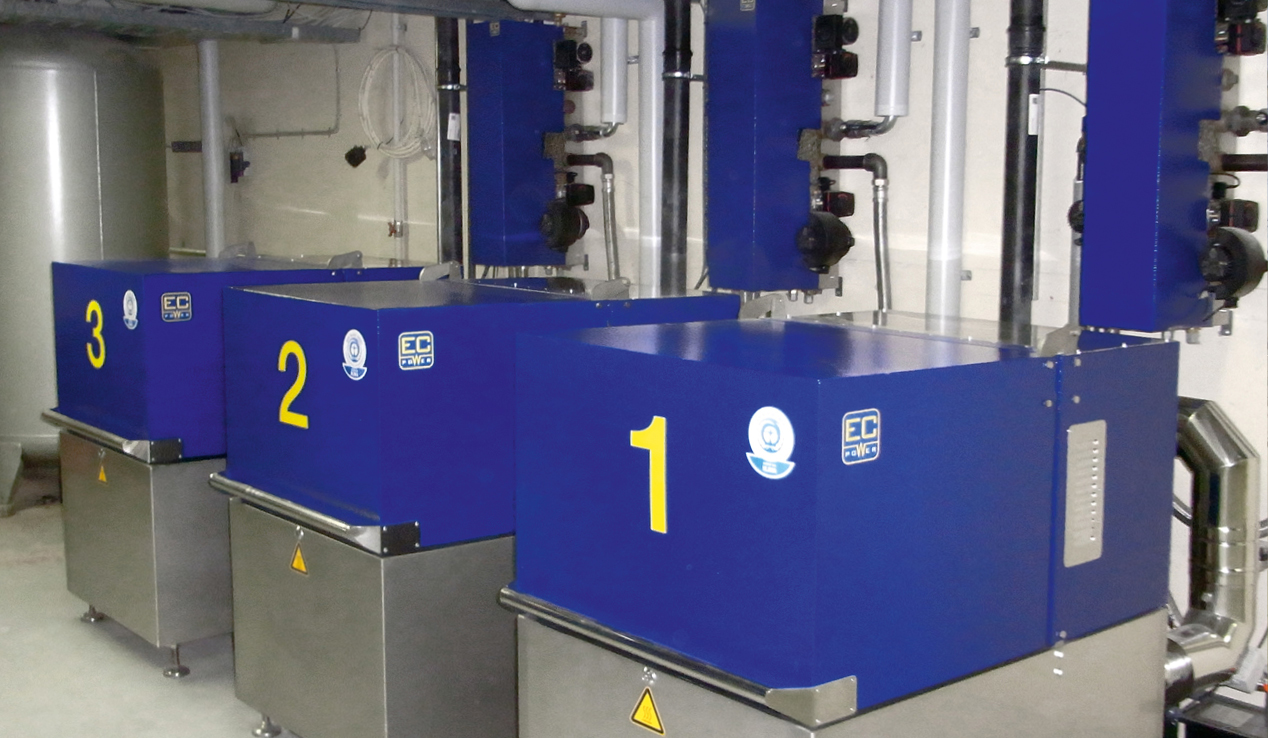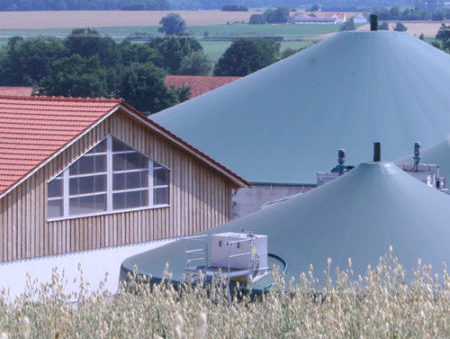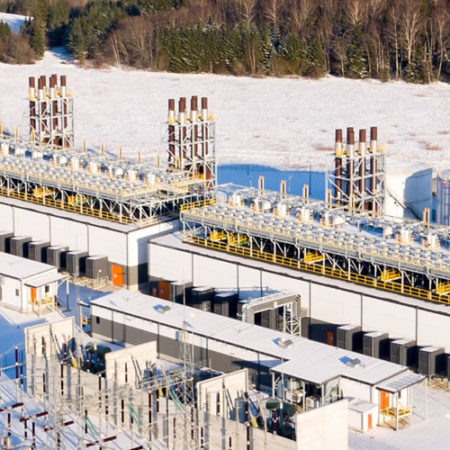Dispatchable, Decentralised Energy
Engine power plants are the preferred option when it is critical to have dispatchable, reliable power at any location: small to medium-size engine power plants can be installed in the basement or on the roof of buildings or even be containerised.
Thanks to their responsiveness and very fast starting and ramping capabilities, engine power plants are highly flexible. They are perfectly well-suited to react as quickly as required to an unexpected increase of power demand or changes in weather conditions.
Engine power plants can act as the backbone of “energy centres”, where different technologies, from storage to renewable generation capacities, are integrated in one place and share a same grid connection.
Cogeneration Plants
Engine power plants can, at the same time, provide electricity and heat or cold, reaching a very high efficiency. This capability makes them attractive for industries that need heat/cold for their processes, but also for local buildings and district heating systems.
In the future energy system, cogeneration plants will take over an additional role as providers of grid flexibility via demand-side management: in moments of peak electricity demand, industry will find it attractive to reduce its own consumption and possibly sell part of its generated electricity to the grid. During low price periods, electrical heat pumps and boilers can be added to the engine cogeneration units to generate and store heat.
Green Electricity and Heat
Engine power plants can run on the full range of fuel types, from different biofuels to all types of gases, such as sewage gas and biogas. They are therefore a very useful technology to help Europe reach net-zero emissions while making the best use of its resources.
Today, hydrogen is emerging as a key option to replace natural gas in our energy system and an energy storage solution for over longer periods of time and in large quantities. Using clean hydrogen in engine power plants instead of natural gas allows them to generate electricity and heat in a carbon-neutral way.
Emergency Reserve Power
Benefitting from a steady power supply is key for numerous economic activities. This reliability must be ensured at any time, including in cases of storms, grid problems and power failures. For this, clinics, data centers, banks or farms need emergency reserve engine power plants providing energy right away, whenever needed.
What is true at local level is also true at systemic level: electric utilities and transmission system operators are investing in this type of emergency power plants to avoid disturbances on the grid.

